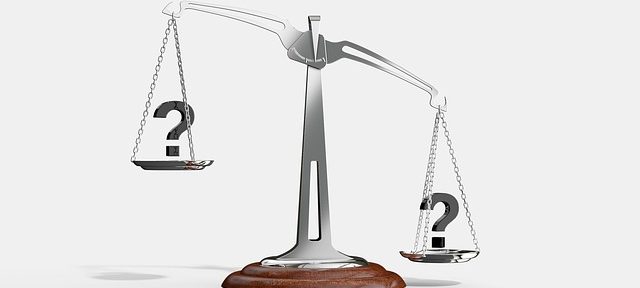
A woman in a township called Hanover was arrested for withdrawing money from a deceased person’s account. Debora Longfoot, 63, stole over $7,000 from a bank account belonging to Gary Moser. Moser is deceased. Moser’s children reported the theft. Longfoot was the caregiver. There have been similar stories of people affected by dementia who have been financially abused by caregivers in nursing homes. Sadly, this is all-too common. What is worse is that Moser didn’t have a Last Will and Testament.
Debra told Moser that a Power of Attorney was drawn up, leaving her in charge of the finances, but this supposed document was never shown to his children. The Moser family swiftly blocked access to the account after several thousand had already been withdrawn. Moser’s eldest daughter, Bobbie Jo Bindics, was sworn in as the Executor of his estate.
When a caregiver, whether a family member or a professional, steals from a deceased person, it can cause harm to already stressed out family members, but what makes this worse is the fact that Longfoot was the girlfriend of Moser.
What further complicates things is the fact that Moser died intestate (without a Will). Everything would have gone smoother if there was a Will, appointing an individual to look after his finances, assets and estate.
You can read more by clicking on the following link: Stealing thousands from a loved one.
If you are in a similar situation and suspect that a caregiver has stolen money or assets from a deceased loved one, there are several steps you can take:
- Report the theft to the authorities: this is what Moser’s family did.
- Review financial records: Review the deceased person’s financial records, including bank statements and credit card statements, to identify any suspicious activity. Look for large or unusual transactions, withdrawals or transfers, and missing funds. This is what Moser’s daughter did when she was appointed as Executor of her late father’s estate.
- Contact an attorney: If you believe that the caregiver was acting under a power of attorney or other legal authority, contact an lawyer.
- Take preventive measures: If you are currently caring for an elderly or disabled loved one, take preventive measures to protect them from theft. This may include setting up safeguards such as limiting access to bank accounts or hiring a professional caregiver through a reputable agency. A lot of this could have simply been avoided by having a Will in place.






